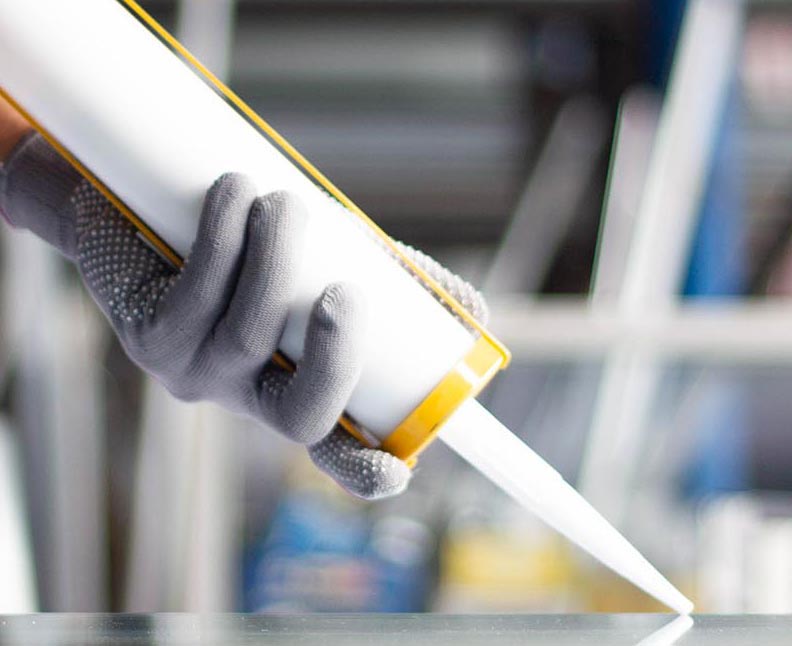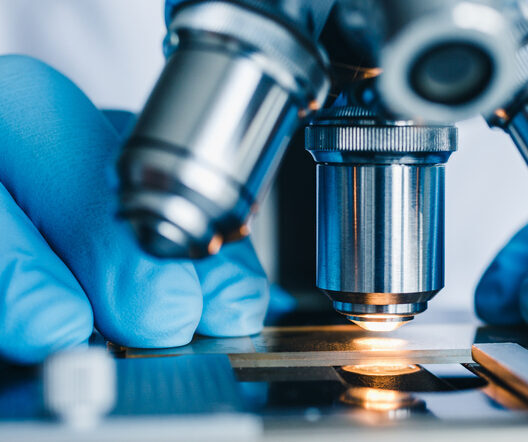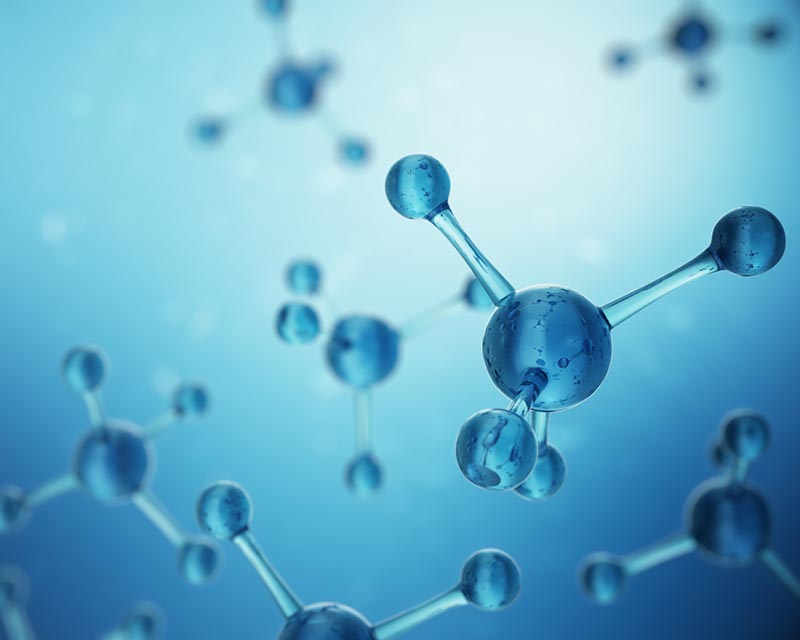"Silicone" is a generic term referring to a class of synthetic polymers that are based on a framework of alternating silicon and oxygen (siloxane) bonds with at least one organic group attached to the silicon atom via a direct carbon-silicon bond.
Although silicones can contain organic components such as oxygen, hydrogen, and carbon, they have an inorganic silicon-oxygen (Si-O) backbone and are defined as inorganic or hybrid substances. This Si-O backbone makes the physical and chemical properties of silicones very different from the properties of similar carbon-based (organic) chemical substances that have an organic carbon (C-C) backbone.

Unique Properties
Although they can contain organic components such as oxygen, hydrogen, and carbon, they have an inorganic silicon-oxygen (Si-O) backbone and are defined as inorganic or hybrid substances. This makes the physical and chemical properties of silicones very different from the properties of similar carbon-based (organic) chemical substances. Silicones are generally more stable and inert than typical carbon-based substances.

Silicone polymers have an exceptional breadth of chemical and physical properties, and can be manufactured in many forms, including:
Solids/
Liquids/
Gels/
Pastes/
Greases/
Oils/
Rubber.
Many Forms
The backbone of inorganic silicon and oxygen atoms, combined with the organic side chain functionality provides silicones with the unusual combination of physical/chemical properties including:
High hydophobicity/lipophilicity
Low water solubility
Volatility (high vapor pressure relative to organic compounds of the same size and high air/water partitioning [Henry Constant])
Large molecular size
Very low polarizability
Significant hydrogen bond acceptor character
Higher bond strength of Si-O bond compared to Si-C bond.

Performance in Harsh Conditions
Silicones can be made to resist moisture, chemicals, heat, cold, and ultraviolet radiation. They are noted for their ability to function in conditions that would destroy conventional materials. Silicones display a host of unique properties that can lubricate, seal, bond, release, defoam, spread, and encapsulate. They can even insulate, waterproof, and coat. They do not conduct electricity and will not harden, crack, peel, crumble or dry out, rot, or become brittle with age.
Use of a liner helps reduce the time spent cleaning the floor of your oven, saving you time, energy, and money.
Do not worry about the safety problem.

Because of these and other properties, silicone polymers are utilized in thousands of products in applications such as construction, consumer products, electronics, energy, healthcare, and transportation. These polymers provide unique product performance characteristics that enable innovation in thousands of products that benefit key segments of the global economy and are critical for achieving environmental sustainability targets.







